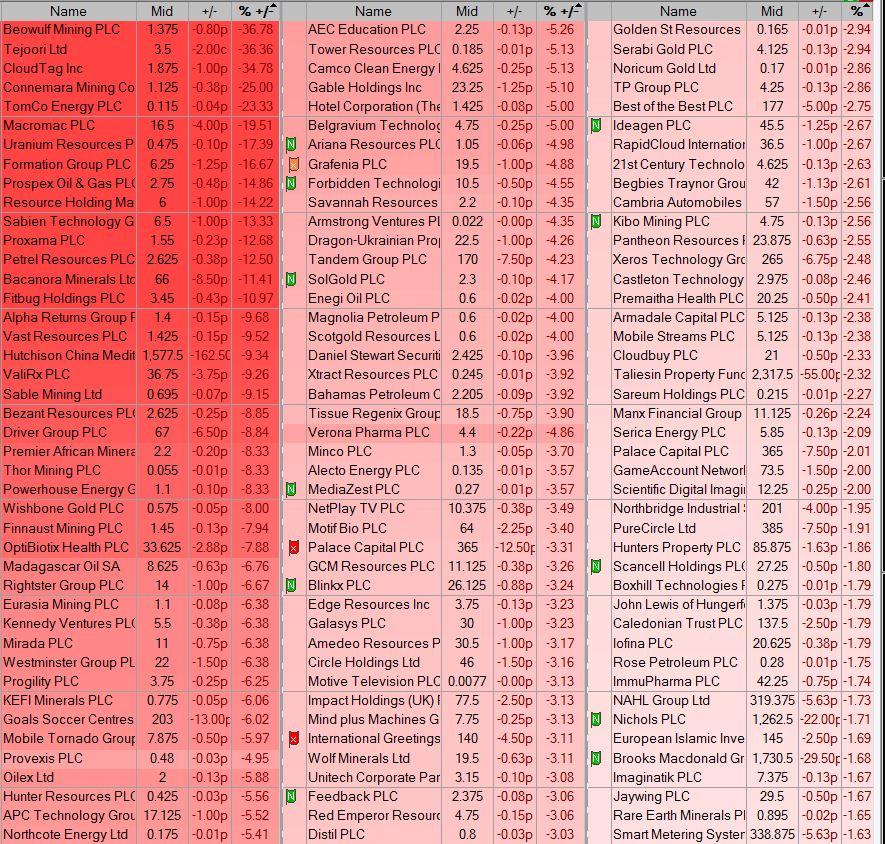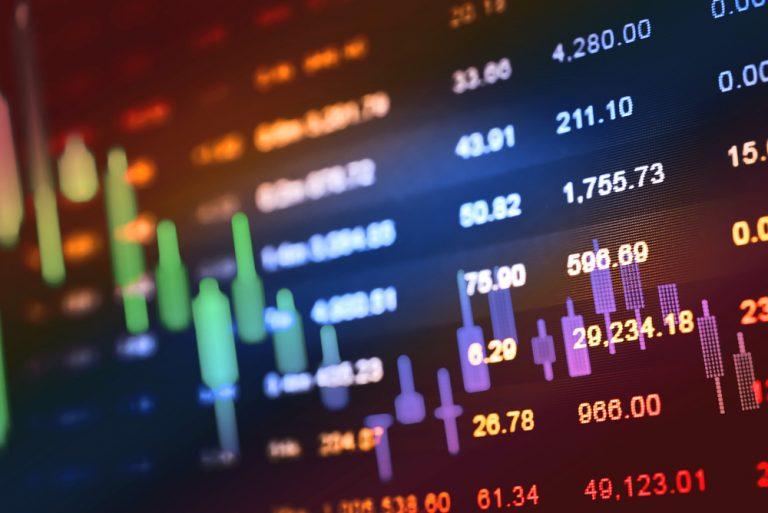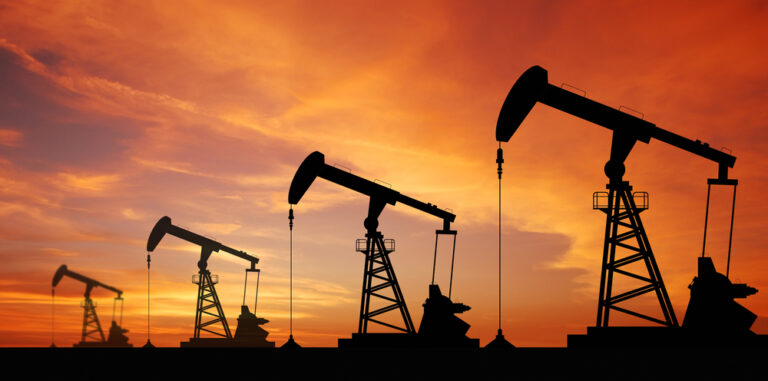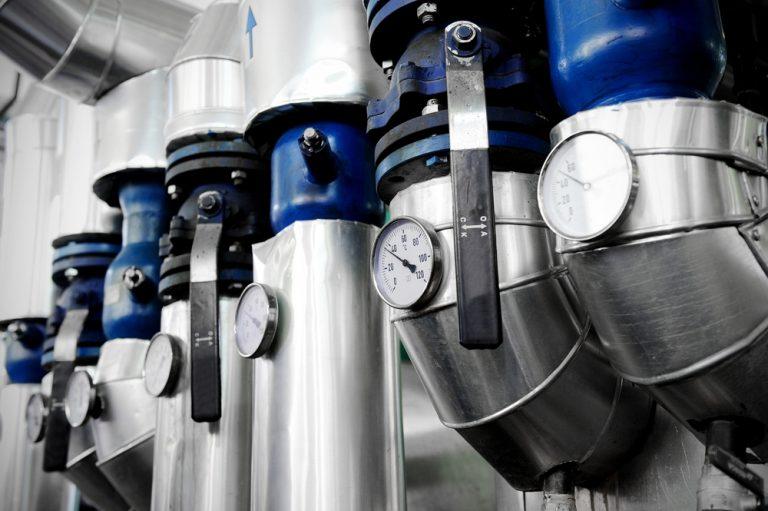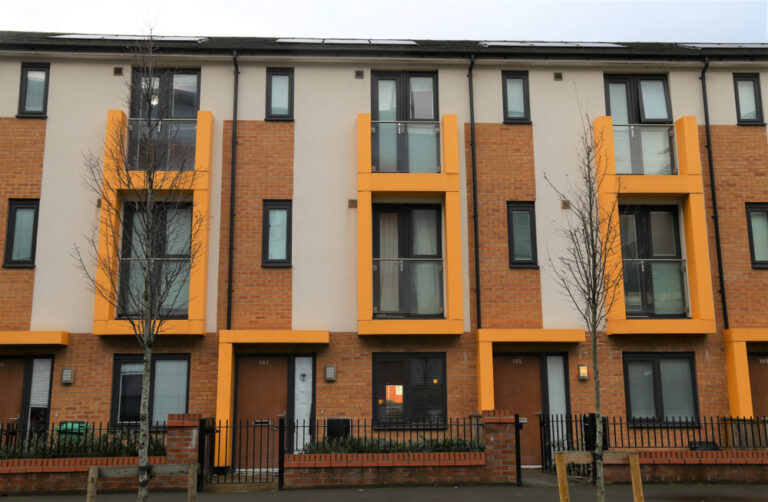Maritime tracking technology developer Windward (LON: WNWD) is recommending a 215p/share bid from an acquisition company formed by FTV VIII. The offer values the marine tracking technology company at £216m. The bidder wants to gain greater exposure to the maritime compliance market and believes it can help to accelerate growth. The management team will be retained. Windward joined AIM on 6 December at 155p/share. The share price rose 53.3% to 207p.
Spreadex Ltd has a 4.94% shareholding, via voting rights through financial instruments, in Tiger Royalties and Investments (LON: TIR). The share price jumped 50% 0.225p. Tiger Royalties and Investments is changing strategy to become a technology incubator. It is acquiring Bixby Technology Inc, which is run by Jonathan Bixby, for £325,000. A placing at 0.1p/share raised £3m.
Logistics Development Group (LON: LDG) says Nash Squared has sold its NashTech division, which means that the AIM company’s investment of £10m in February 2024 has been redeemed for £13.1m. Logistics Development Group has £44m in cash. A tender offer at 19p/share is contemplated. That will distribute up to £21m. The plan is to distribute 50% of any further realisations and NAV will be published every quarter. The share price moved up 30.2% to 14p, which values the company at £73.4m. NAV was £99m at the end of May 2024.
Saqib Karim has been building up a stake in floorcoverings supplier Victoria (LON: VCP) and he has reached 5.3%. The share price recovered 27.2% to 73p, which is still a fall of three-quarters over 2023.
FALLERS
Retailer Quiz (LON: QUIZ) announced on Friday evening that it intends to leave AIM. The general meeting to gain shareholder approval will take place on 23 January. This is part of plans to reduce costs. Tarak Ramzan, who owns 20.4%, has offered a £1m loan facility and more cash will be needed next year. JP Jenkins may offer a matched bargain facility. Following the announcement, Amraj Gill’s stake has risen from 8.17% to 10.1% and Tajveer Gill’s stake has increased from 8.1% to 10.3%. Interim results show a tripled pre-tax loss of £4.7m, or £4.1m before exceptionals. Revenues continue to decline. National Insurance and living wage changes will add an annualised £1.7m from April. Net debt has reached £3.5m. The share price dived 61% to 0.885p.
Premier Miton has sold its 6.48% in Tribe Technology (LON: TRYB) ahead of the trading suspension on 2 January because its accounts will be delayed. It also plans to leave AIM. The autonomous mining equipment developer is in talks with potential provider of finance, and it believes that leaving AIM will make it easier to raise money. The share price slumped 34.8% to 0.075p.
Shares in Webis (LON: WEB) continue to decline ahead of its departure from AIM on 3 January. The share price fell 20% to 0.06p.
Kibo Energy (LON: KIBO) shares returned from suspension following publication of interims and declined 16.7% to 0.01p. The figures pre-date the disposal of operating business Kibo Cyprus. Kibo Energy is now a shell seeking operations in renewable energy. The share price dipped 15.6% to 0.0325p.
Sunrise Resources (LON: SRES) says Tolsa USA Inc has decided not to exercise its option to acquire the Pioche Sepiolite project in Nevada. There was no agreement on the terms of a continuing royalty for Sunrise Resources. Tolsa says it was difficult to correlate specific grades from holes drilled.
Orosur Mining Inc (LON: OMI) has received assays from the fourth hole at the Pepas prospect in the north of the Anza project. There was a composite intersection of 40.2 metres @ 3.75g/t from 23.5 metres. Including 6.8 metres @ 9.02g/t. The results are good, but there are complexities. Part of the plan for the drilling is to resolve the complexities. Pepas has exceeded expectations. The share price slipped 15.2% to 7p.

